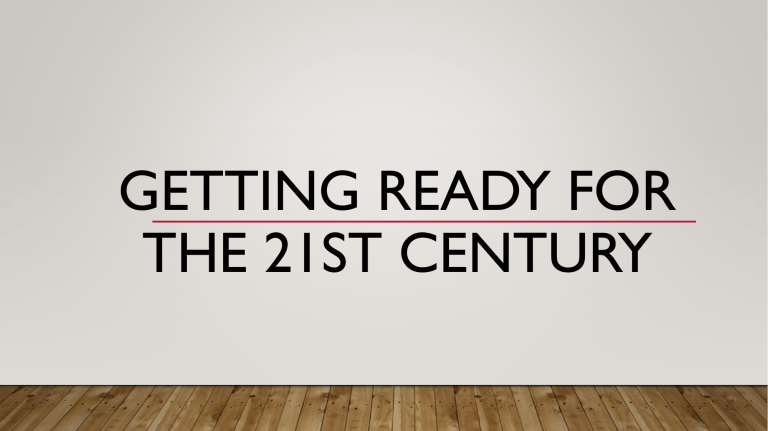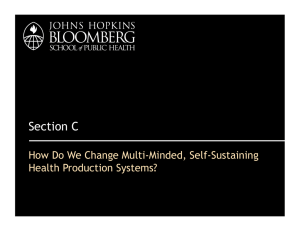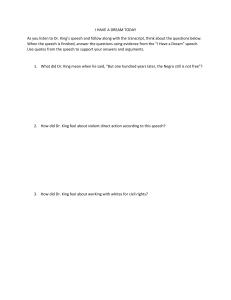
GETTING READY FOR THE 21ST CENTURY Many people fall into their profession either through circumstance (they got a job that turned into a ‘career’ due to the length of time they have worked there) or because of their beliefs (their father was a lawyer, so they studied law at university). But those who actually follow through and chase after their dream career are far and few between. This could be because many fear the consequences of taking a leap into the unknown (no job security, less money, student debt, etc.) or just lack the attitude and passion needed to follow through with their dreams. Whatever the reason is for sticking with a career you aren’t happy about, it is important to know that you aren’t stuck in this unfulfilling path forever. In fact, with a little help (either through your own ambition or with the help of a career counselor). Here are the life skills you need to land your dream career. 1. A POSITIVE ATTITUDE We all experience setbacks which will harbor negative feelings but having a lively and creative approach to problems once they arise are a key life skill to own in both your personal and vocation. 2. INTUITION Being able to pay attention to your intuition rather than just doing what you're “meant to do” is another essential ingredient to landing your dream career. Throughout our lives we build a belief system, one that oftentimes works against our gut instinct. 3. PREPARATION Once you know your dream target, you have to be well prepared to interview and sell yourself. You need to be able to show how your skills, knowledge, education, and mindset qualify you and be able to demonstrate your competencies. 4. PASSION Passion is a personal drive to pursue on something. It can be a hobby, an interest more so a career. Whatever your passion is, have a look at ways those activities can translate into a career and what you would like to form it happen. 5. A WILLINGNESS TO LEARN A desire to learn new things is another life skill necessary to success. We are meant to be dynamic and ever-changing, so if you don’t have the willingness to learn, it is unlikely you will be able to move towards a dream career. 6. COMMUNICATION SKILLS Communicating clearly with a possible employer is important. Communication may start with a telephony to the employer. Clarity and confidence here will get you an interview. At the interview you'd wish to speak your value and what you will be able to offer clearly, likewise as give practical examples. 7. OPEN-MINDEDNESS Open-mindedness in terms with pursuing one’s career includes broadening your horizon like using your time to wisely and acknowledge the benefits of self-development, find a mentor since they can help offer you guidance about career steps and allow you to bounce ideas from their own experiences and expand your network. 8. COURAGE Having the courage to step out of your comfort zone and venture into the unknown can be scary, but it’s an essential ingredient in your career success. 9. SELF-AWARENESS Self-awareness helps you identify what's sustainable for you, what your definition of success looks as if and where work fits into your overall life. It’s also a valuable tool in assessing potential job opportunities from a grounded and aligned position. Self-awareness also comes into play if your dream career involves any level of managing people. A self-aware leader is also a wise, sustainable leader. 10. NEGOTIATION SKILLS Negotiation skills are qualities that allow two or more parties to reach a compromise. Negotiation on workplace assignment – pertaining to distance of one’s residence to the assigned workplace. THE 21ST CENTURY COMPETENCIES 1. Critical thinking within the 21st century is the ability to style and manage projects, solve problems, and make effective decisions employing form of tools and resources. 2. Communication refers not only to the power to “communicate effectively, orally, in writing, and with a spread of digital tools” but also to listening skills 3. Collaboration requires the flexibility to “work in teams, learn from and contribute to the training of others, practice social networking skills, and exhibit empathy in working with diverse others. 4. Creativity and Innovation – Many studies demonstrate the importance of creativity for social development, the power to compete in business, and also the ability to get economic process.




